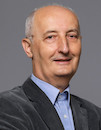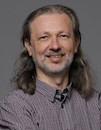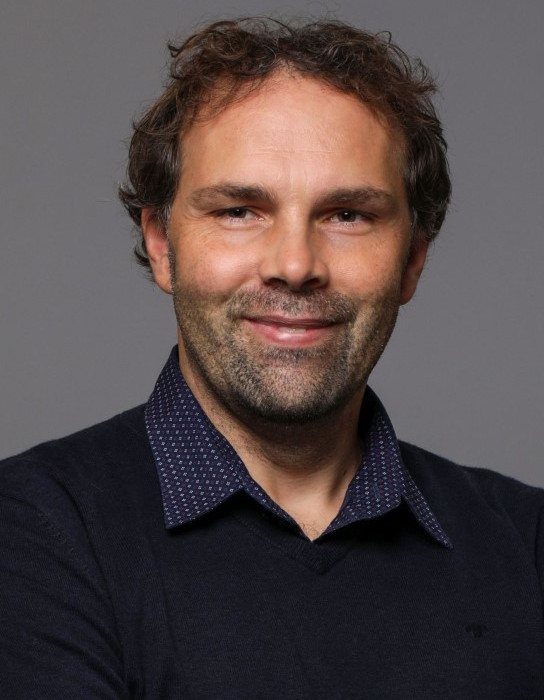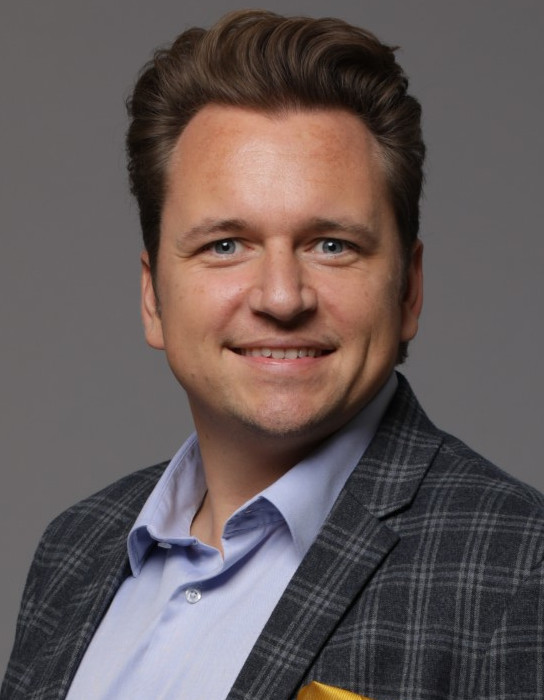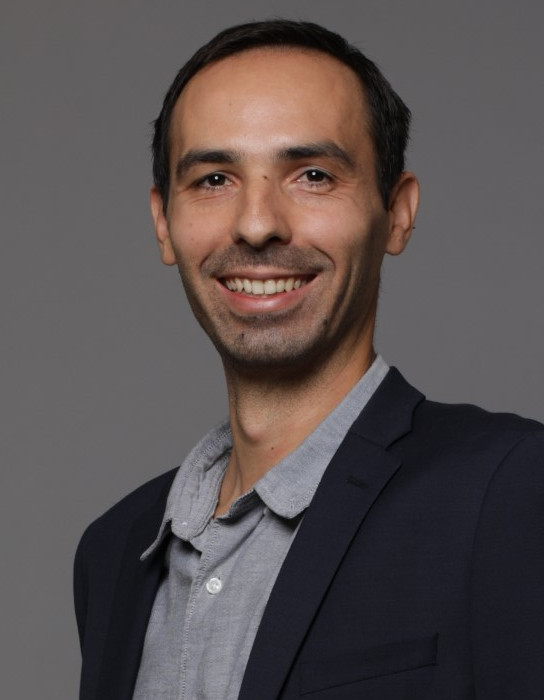Laboratory of Control Engineering and Automation 2
Laboratory exercises
Course Description
Study Programmes
University graduate
General Competencies
This course gives students sufficient practical knowledge to make identification experiments on linear systems, select optimal model structure and to estimate the system model using MATALAB System Identification Toolbox. The students will also get the capability to design and tune Kalman filter based state estimators for both linear and nonlinear systems. Finally, students will get the competence to design simple nonlinear control systems.
Learning Outcomes
- apply nonparametric method for estimation of mathematical models of systems
- apply parameter estimation methods
- apply state estimators of stochastic systems with Gaussian distribution
- analyze phase trajectories of nonlinear systems and chaos
- analyze self-oscillations in nonlinear control systems
- analyze forced oscillations in nonlinear control systems
- apply Dither signal for the purpose of system linearization
Forms of Teaching
Lectures are held within the courses Nonlinear Control Systems (7.5 hours) and Estimation Theory (7.5 hours).
Laboratory Work8 laboratory exercises: 4 with the topic of estimation theory, 4 with the topic of nonlinear control systems.
ConsultationsPlanned with students.
Grading Method
| Continuous Assessment | Exam | |||||
|---|---|---|---|---|---|---|
| Type | Threshold | Percent of Grade | Threshold | Percent of Grade | ||
| Laboratory Exercises | 0 % | 20 % | 0 % | 20 % | ||
| Quizzes | 0 % | 80 % | 0 % | 80 % | ||
Comment:
Attendance to all laboratory exercises is obligatory for passing the course.
Week by Week Schedule
- -
- -
- Laboratory exercise 1 (Nonlinear Control Systems): Chua's circuit
- Laboratory exercise 8 (Estimation Theory): Nonparametric identification methods
- Laboratory exercise 3 (Nonlinear Control Systems): State trajectories of nonlinear systems
- Laboratory exercise 4 (Nonlinear Control Systems): Describing function and self-oscillations
- -
- Laboratory exercise 5 (Estimation Theory): Nonrecursive parametric identification methods
- Laboratory exercise 6 (Estimation Theory): Recursive parametric identification methods
- -
- Laboratory exercise 7 (Nonlinear Control Systems): Forced oscillations
- Laboratory exercise 8 (Estimation Theory): Estimation of the satellite position in the planar orbit around Earth
- -
- -
- -


 Pristupačnost
Pristupačnost